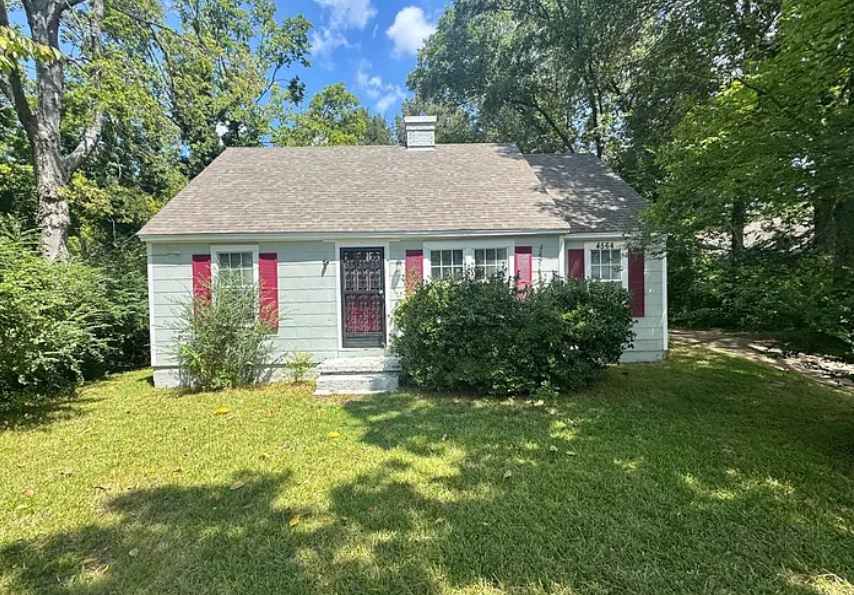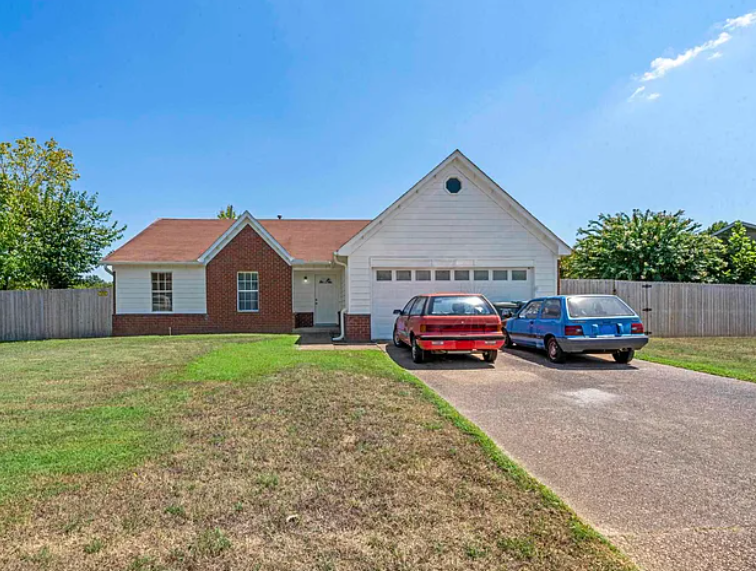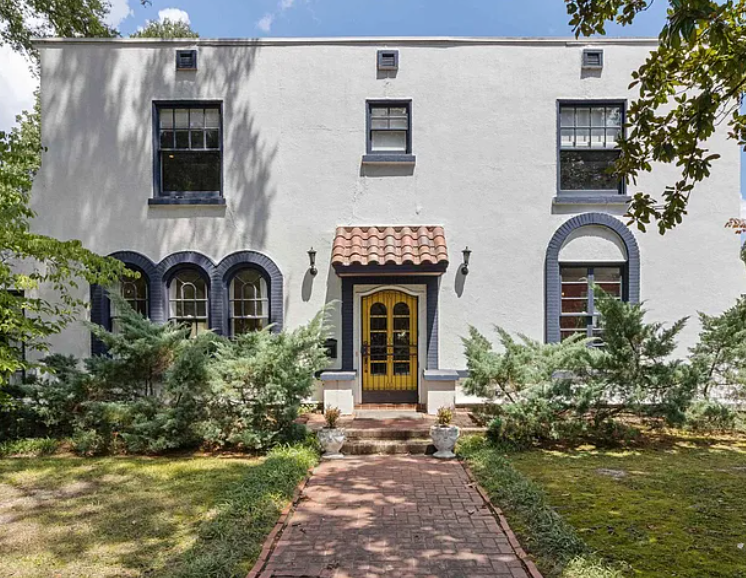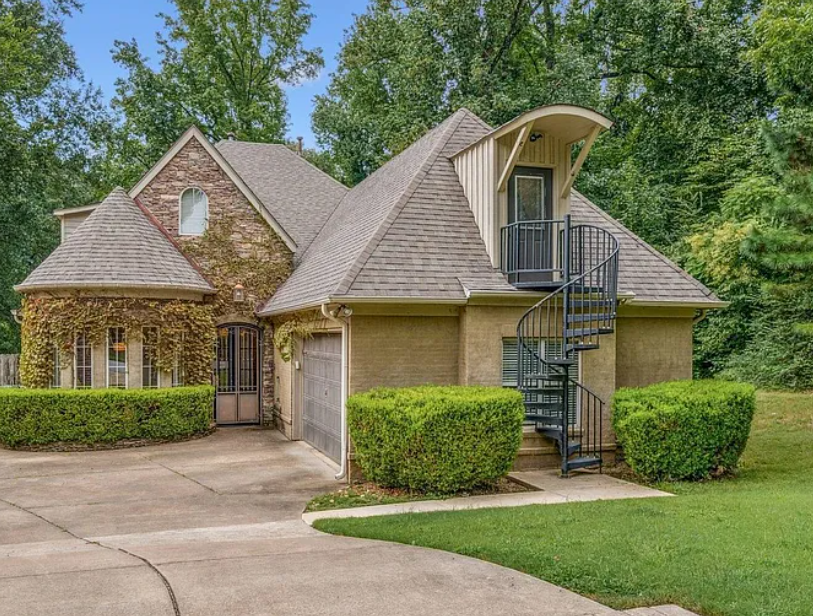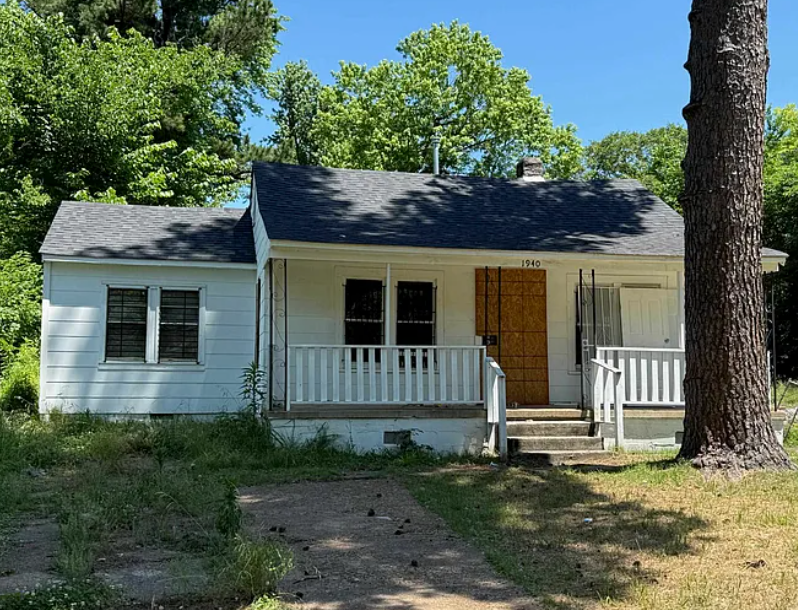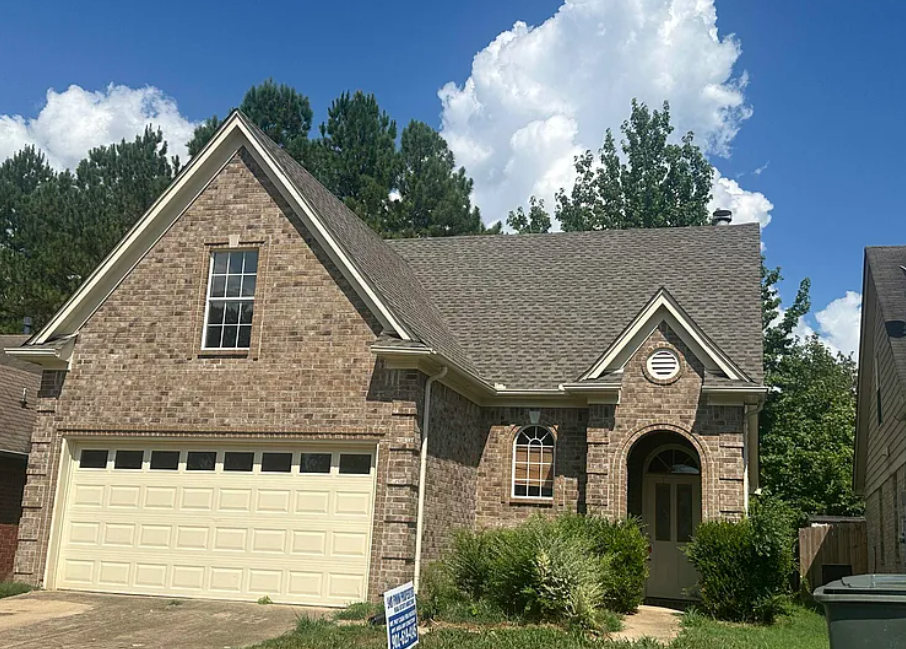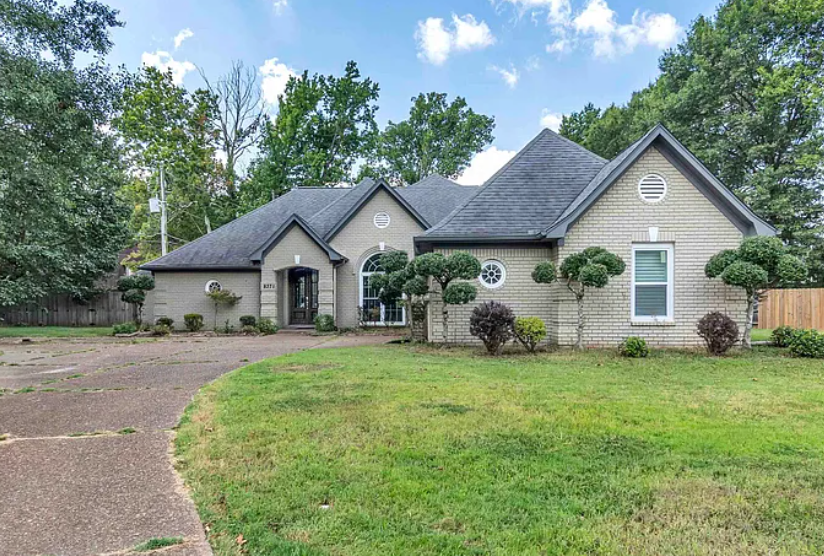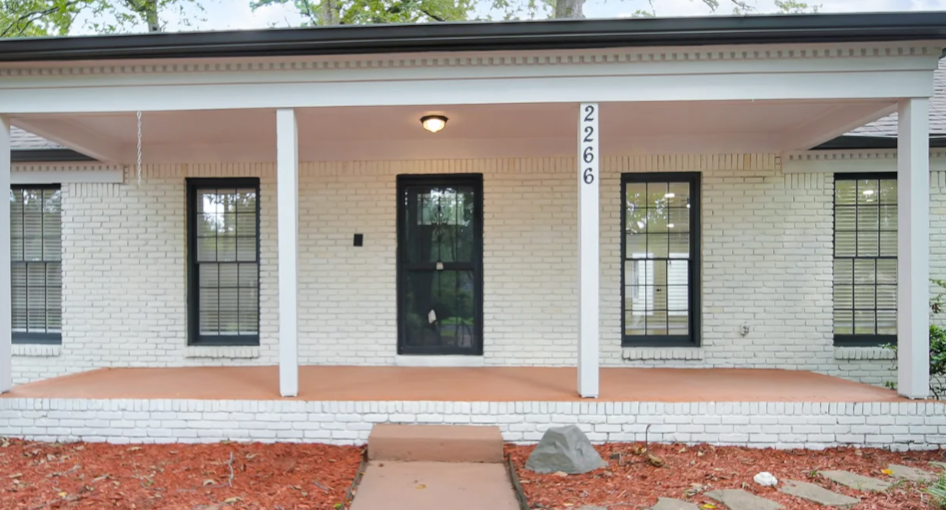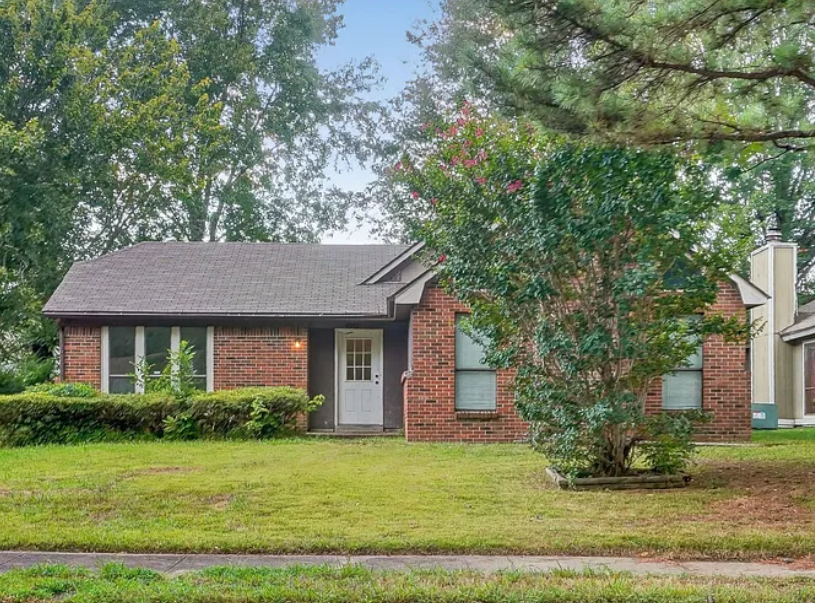How Much Is My House Worth in Memphis?
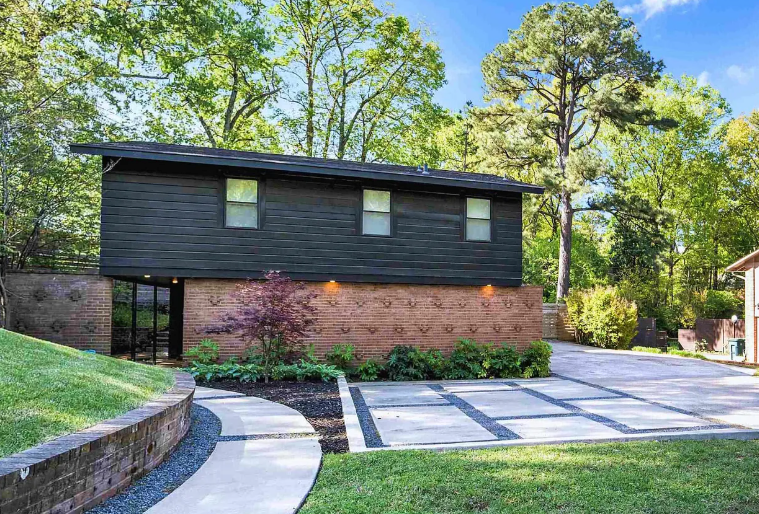
When contemplating selling your home in Memphis, one of the first questions you might ask is, How much is my house worth in Memphis? Determining the value of your property is crucial, not only for sellers but also for buyers to ensure that a fair price is agreed upon. Whether you're planning to move for a new job, downsize, or simply want a change of scenery, understanding your home's value is essential for making an informed decision.
This article explores the key factors that influence home values in Memphis, methods to calculate your home's worth, and tips for getting the best price when selling.
Understanding Home Value in Memphis
The value of your home is the result of a complex equation involving several variables. It's not just a number; it's determined by a variety of factors, including the location of your home, its size and condition, the state of the local real estate market, and even the economy. Being aware of these factors will help you understand how your home’s value is determined and what you can do to potentially increase its worth before listing it.
Location’s Influence on Your Home’s Value
In the world of real estate, location is one of the most important factors determining a property’s value. In Memphis, certain neighborhoods have been known to hold or increase their value over time, while others may see a decrease in demand. The location of your home affects how much buyers are willing to pay, so it’s essential to consider the area in which your property is located when evaluating its worth.
When assessing the value of your property, it's helpful to think about the proximity to key amenities. Homes that are close to good schools, parks, medical centers, and shopping areas often demand higher prices. For instance, homes located in popular Memphis neighborhoods with access to a thriving community life and public facilities tend to be more attractive to buyers, thereby increasing their value.
A neighborhood's reputation also plays a role. Areas that are seeing economic growth, urban renewal, or an influx of businesses and restaurants often see property values rise. Conversely, homes in neighborhoods with declining economies or higher crime rates might experience reduced market values.
Size and Condition of Your Home
The size of your property is one of the more straightforward factors in determining its value. Typically, larger homes will sell for higher prices, assuming other factors are equal. Homes with more square footage, additional bedrooms, and bathrooms are usually valued higher, as they offer more living space and flexibility for families.
However, it’s not just about how much space your home offers, but also how that space is used. Homes with open, functional floor plans are generally more desirable than those with outdated or inefficient layouts. Modern, open-concept homes are especially sought after in Memphis, where buyers appreciate the spacious and airy feel that open living areas provide.
The condition of your home plays a significant role in its value as well. A well-maintained property that is move-in ready is always more valuable than one that requires extensive repairs or renovations. When evaluating your home’s worth, take a critical look at both the interior and exterior condition. Minor repairs, like fresh paint, landscaping, or updated fixtures, can make a big difference in increasing your home’s market value.
Comparable Sales (Comps)
Real estate agents and appraisers often use comparable sales, or “comps,” to determine a property’s value. Comps are homes in the same neighborhood or area that have recently sold and share similar characteristics, such as size, number of bedrooms, and condition. By comparing your property to these similar homes, you can get a good idea of what your home might be worth.
This method helps you understand how your home measures up to others on the market. If homes in your neighborhood have been selling quickly and at a high price, your home is likely to follow suit. Conversely, if homes in your area have been sitting on the market for longer or have sold for lower prices, you may need to adjust your expectations accordingly.
Market Conditions and Local Economy
The state of the Memphis real estate market plays a large role in determining home values. The supply and demand dynamics of the market are key contributors to whether home prices are rising or falling. If demand for homes in Memphis is high and there are fewer properties available for sale, home prices will likely increase. In a competitive market with limited supply, sellers can command a higher price for their homes.
Local economic factors can also influence home values. For instance, when interest rates are low, more buyers may be able to afford homes, thus increasing demand and driving up home prices. On the other hand, when interest rates rise or there is economic instability, fewer buyers may be able to enter the market, which could lead to a decrease in home values.
Seasonality can also affect home prices in Memphis. The real estate market tends to be more active in the spring and summer months, so homes listed during these times may sell for higher prices due to increased buyer activity.
How to Calculate Your Home’s Worth
Calculating your home’s worth involves understanding several factors. While you can use online tools like Zillow or Redfin to get an estimate, these tools may not always be fully accurate as they don’t take your home’s specific condition into account. A more accurate estimate comes from a real estate agent or an appraiser who can assess your home’s unique characteristics.
A real estate agent can provide a comparative market analysis (CMA), which compares your home to others in the area that have recently sold. This analysis takes into account factors like square footage, location, and condition to provide a more accurate valuation. If you want an official valuation, hiring a certified appraiser is a good option. An appraiser will physically inspect your home and assess its value based on local market conditions, comparable sales, and your property’s condition.
Evaluating Your Home’s Value: Factors to Consider
When assessing your home’s value, consider the market data for homes in your neighborhood. Look at homes that have recently sold, as well as those that are currently on the market. This will give you an idea of where your home fits in terms of price and demand. Pay attention to the average price per square foot for homes in your area.
Other factors to think about include the age of your home and any renovations or upgrades that have been made. Homes with modern finishes, energy-efficient systems, and updated kitchens or bathrooms tend to sell for more than homes that have outdated features. Additionally, your home’s curb appeal and neighborhood amenities will also impact its value.
Why It’s Important to Understand Your Home’s Worth
Understanding how much your house is worth in Memphis is essential whether you are buying, selling, refinancing, or just considering your options. Knowing your home’s value helps you price it correctly when listing, ensuring that it sells quickly and at a fair price. If you're thinking of selling your house for cash, knowing its market value can also help you determine whether a cash offer is reasonable.
Closing the Deal: What to Expect When Selling Your Home
When you're ready to sell, you’ll need to assess your options. Working with a local real estate agent is one route, but you could also consider selling to cash buyers, who may be able to offer you a quicker and easier transaction. Understanding your home's market value ensures that you don’t settle for less than it’s worth, no matter which route you take.
Frequently Asked Questions (FAQs)
What factors determine the value of my home in Memphis?
Several factors influence home value, including location, size, condition, comparable sales, and market conditions. The proximity to amenities and the neighborhood’s growth prospects also play significant roles.
How can I calculate my home’s worth in Memphis?
You can calculate your home’s worth by getting a comparative market analysis (CMA) from a real estate agent, using online tools like Zillow, or hiring a certified appraiser for a more accurate valuation.
Does the condition of my home affect its value?
Yes, the condition of your home is a major factor in determining its value. Well-maintained homes with updated features generally fetch a higher price than homes that require extensive repairs or renovations.
What role does the Memphis real estate market play in determining my home’s value?
The state of the local real estate market, including supply and demand, interest rates, and economic conditions, affects the price of homes. In a seller’s market, prices tend to rise, while in a buyer’s market, they may decrease.
How do I determine the fair market value of my home?
The fair market value is determined by evaluating recent sales of similar homes in your area, factoring in the size, location, condition, and amenities of your property.
Is selling to a cash buyer a good option for me?
Selling to a cash buyer can be a good option if you need to sell quickly or avoid the hassle of repairs and open houses. Cash buyers typically purchase homes as-is, offering a more streamlined process.
How long does it take to sell a house in Memphis?
The timeline for selling a house in Memphis varies, but it typically takes between 30 to 60 days if you're listing it through a real estate agent. Selling to a cash buyer can often close in as little as a week.
What are some common mistakes to avoid when selling a house in Memphis?
Common mistakes include overpricing your home, neglecting necessary repairs, and failing to market your property effectively. It’s also important to avoid ignoring comparable sales data and market trends when setting your price.
Request Your Offer Now
